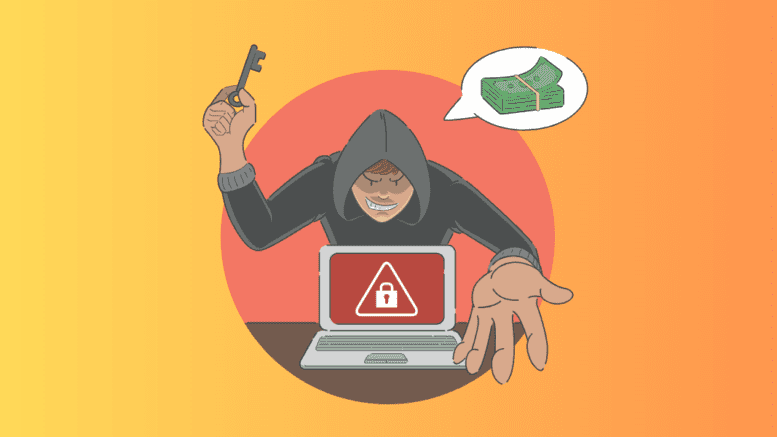By John A. Tures, P,rofessor of Political Science, LaGrange College
Want to help children with leukemia? Hell yeah! Who wouldn’t want to give money to U.S. Navy Vets? Serve the community? Sign me up to give! Only a Scrooge wouldn’t want to feed the children. Money to police survivors? Get my checkbook. Stopping cancer in Michigan? How much do you want? Build the wall? Some MAGA folks would probably empty their savings accounts to see that happen.
Unfortunately, thousands upon thousands of good-hearted Americans gave money to charities for these causes, only to see their hard-earned dollars disappear into someone grifter’s slush fund, instead of going to cancer victims, hungry children, needy Navy veterans, or families who lost a law enforcement officer in the line of duty. The sad, sordid details are documented here. Can anything be done to prevent your big heart, or a family or friend’s generous spirit, from getting scammed?
Actually, there are several things you can do to spot the scam and who you can report that critical information to. “People often donate around the holidays, and scammers take advantage of that,” writes the Tennessee Attorney General’s Office. “They pressure you to give because it is the holiday season. They may thank you for a donation you gave them in the past, even if you don’t remember doing it. Remember: real charities will accept donations all year.”
Here are some other signs from Jennifer Pennings with Security National Bank: Did they ask for cash or to wire money or send gift cards? If so, you probably can’t track those donations. Are they asking for your personal information, Social Security Numbers, or Bank Account details? Can they provide proof that your donation is tax deductible? Are they a member of the Better Business Bureau’s Wise Giving Alliance, Charity Watch, or Charity Navigator?
Do they have a .com or a .org website? The former is not a good sign. Do they ask you to send money by apps like Venmo or CashApp or a GoFundMe site? These can be legitimate, but there’s a chance someone can be creating a fake charity or spoof a real one.
Let’s say your heart got ahead of your head, and you accidentally sent money to an unworthy cause. According to the FBI, that’s what happened to more than $4 million of all donations, so you’re not alone. But there are things you can do, according to Aura.
First, document what happened, when, who you spoke to…get any details you can. Then report any fraud to the Federal Trade Commission (FTC) at ReportFraud.ftc.gov. Third, if you gave out personal information, it’s time to report possible identity theft, change passwords, and get a two-factor authentication (2FA) system. Fourth, you may have to go for a credit monitoring service as well.
Aura also recommends contacting state officials. The Georgia Secretary of State’s Press Office provided a quote from Brad Raffensperger. “Charitable organizations in Georgia do amazing work serving the public,” he said in the press release. “Unfortunately, unscrupulous entities take advantage of the trust Georgians have in these organizations. The efforts led by our Charities Division help Georgians look out for fraudulent organizations and help protect the integrity of charitable organizations.” His office gave out the website for the Charities Division, as well as the contact information. Their phone number is 470-312-2640 and their email is charities@sos.ga.gov along with the hashtag #stopcharityfraud.
John A. Tures is a professor of political science at LaGrange College in LaGrange, Georgia. His views are his own. He can be reached at jtures@lagrange.edu. His Twitter account is JohnTures2.
